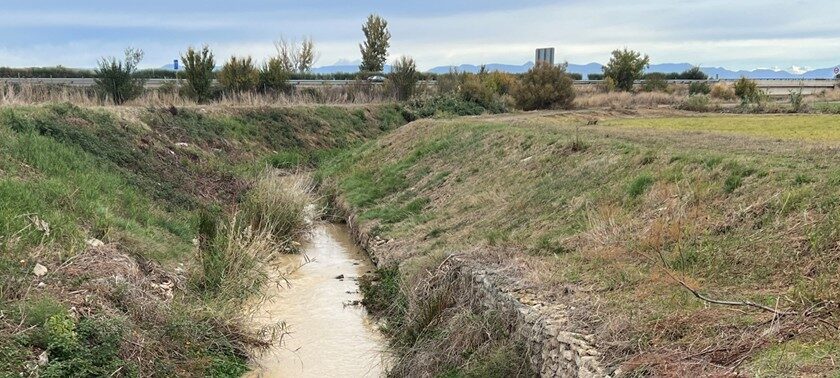The P4WATER project, “Dynamics of phosphorus transport from agricultural soils to water bodies for the sustainability of irrigation systems and water quality,” has been funded by the Spanish State Research Agency (AEI) in its 2024 call for proposals on “Knowledge Generation Projects and Actions for the Training of Predoctoral Research Personnel.” The project began in September 2025, has a duration of four years, and includes a predoctoral contract.
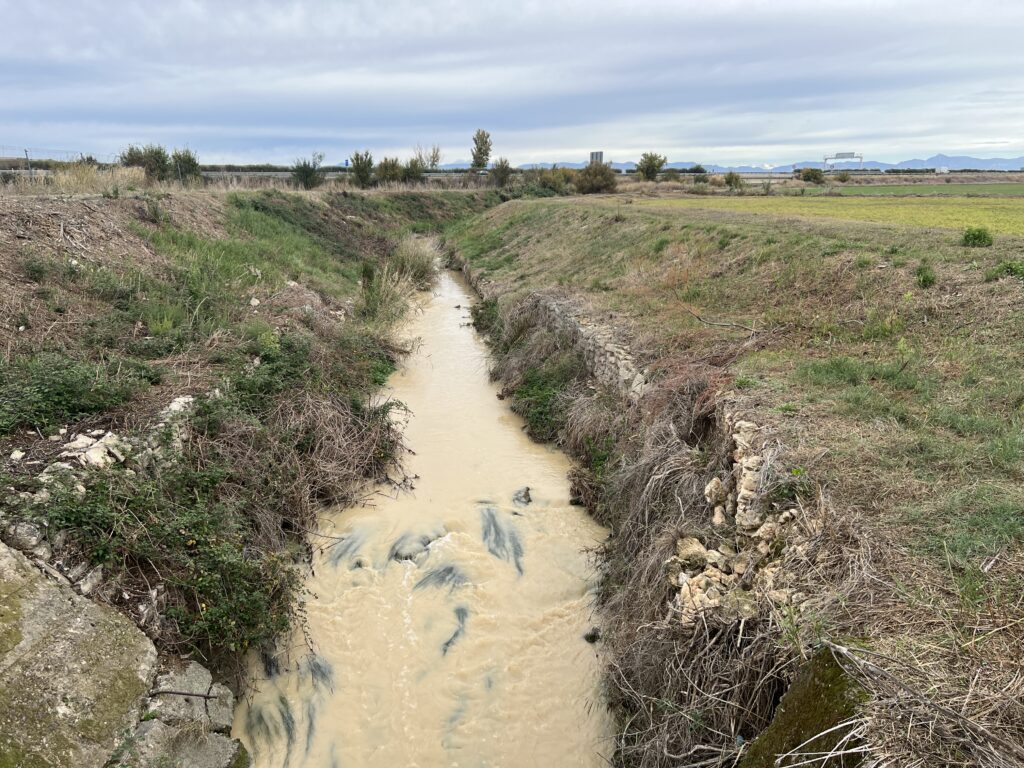
The latest irrigation modernization plans in Spain are paving the way for the intensification of irrigated agriculture with increased cultivation intensity and the introduction of new, high-value crops, accompanied by a continued increase in livestock farming (particularly pig farming). While these changes contribute to improving farmers’ quality of life and the economic sustainability of agriculture, they can pose a threat to environmental sustainability. Despite the numerous measures and regulations implemented in recent decades to control and reduce nutrient pollution, the number of affected water bodies continues to rise in the Aragon region, as it does throughout the rest of Spain.
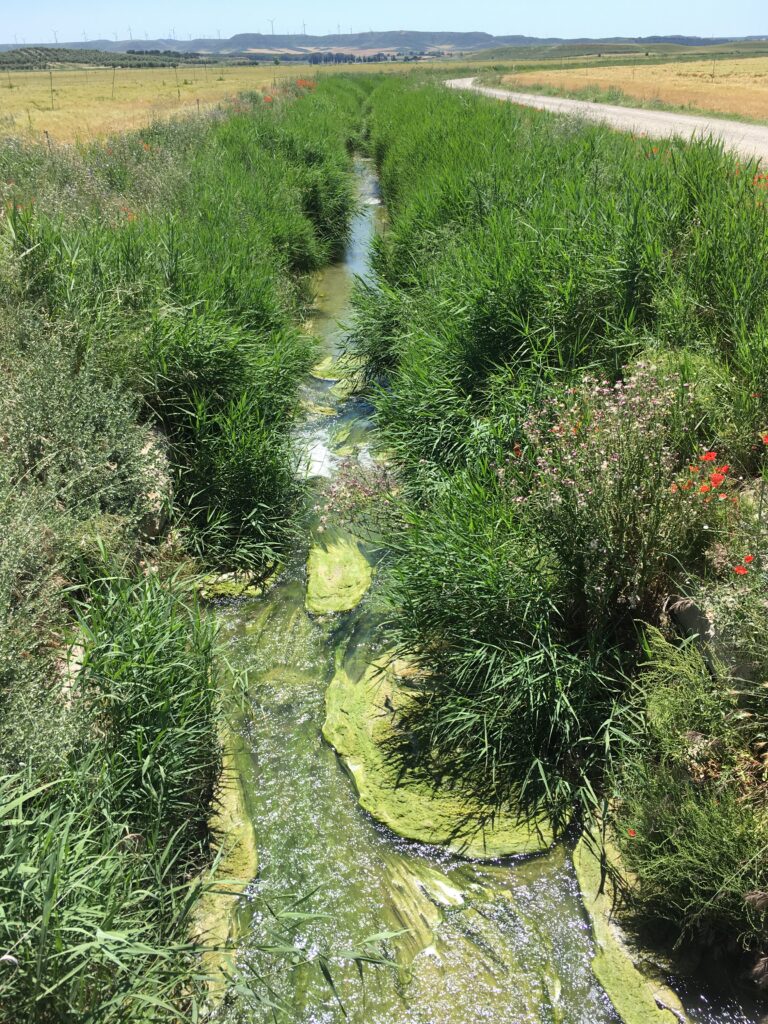
Excess nutrients cause eutrophication of surface waters, affecting the organisms that inhabit them and leading to a loss of biodiversity. Furthermore, they limit water use for various purposes, including domestic, agricultural, and recreational activities. In this context, phosphorus (P) is gaining increasing attention, as it is the limiting factor in the eutrophication of surface waters. Furthermore, P has limited availability, as it is a non-renewable resource. However, in agricultural systems, the long-term application of P fertilizers and animal manures has led to its accumulation in soils, making them highly susceptible to mobilization and transport through erosion, surface runoff, or subsurface percolation. Today, the environmental problems caused by excess P in soils are evident, but there is little scientific information on the pathways of P movement from soils to watercourses.
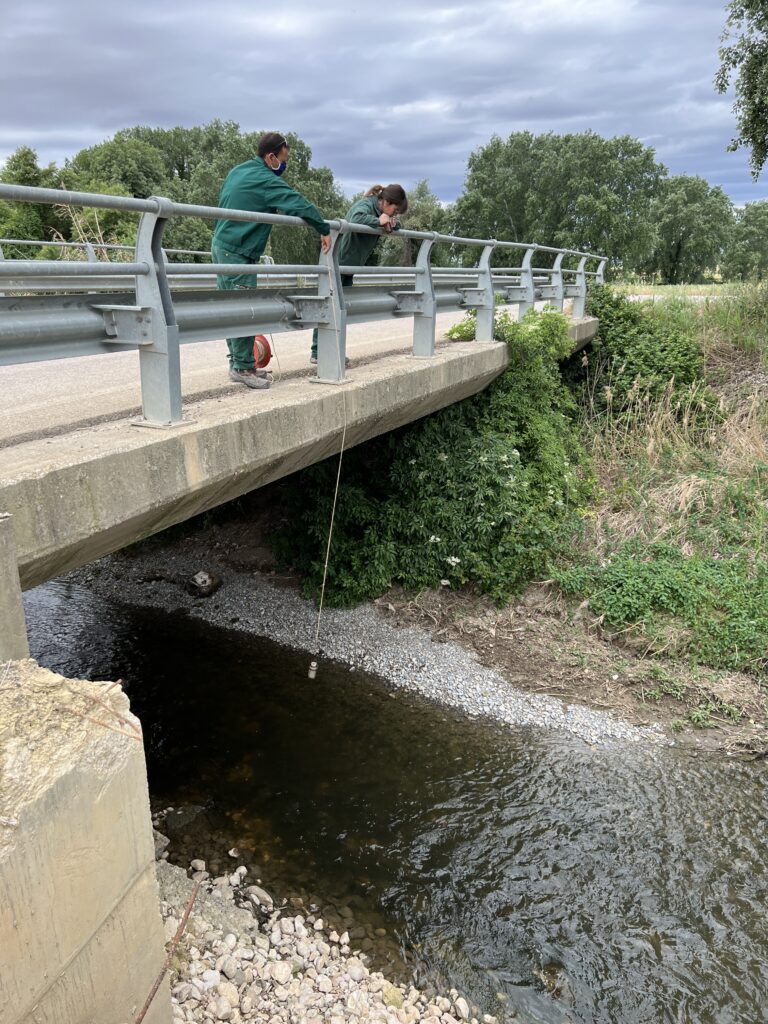
Thus, the main objectives of the P4WATER project are: (i) to determine the hydrological and agronomic behavior of phosphorus (P) in intensive irrigation systems, its movement pathways within the water-soil-plant system, and its transfer to watercourses through irrigation return flows; and (ii) to provide tools for controlling diffuse P pollution, allowing for the prioritization of appropriate corrective measures based on a detailed understanding of the different P transport pathways and their forms. To achieve these objectives, in addition to intensive measurements of P concentration in soils and water flows in two irrigation basins, solute transport models from soils to water will be used at different scales: at the plot scale using a qualitative model (P index), and at the watershed scale using physical models (SWAT and MODFLOW), under current conditions and considering future climate change scenarios. This knowledge will help identify the P transport pathways that could be addressed more efficiently to reduce pollution. Furthermore, the project will provide guidelines on management practices for preventing phosphorus pollution and implementing measures that promote the environmental and economic sustainability of irrigation systems.
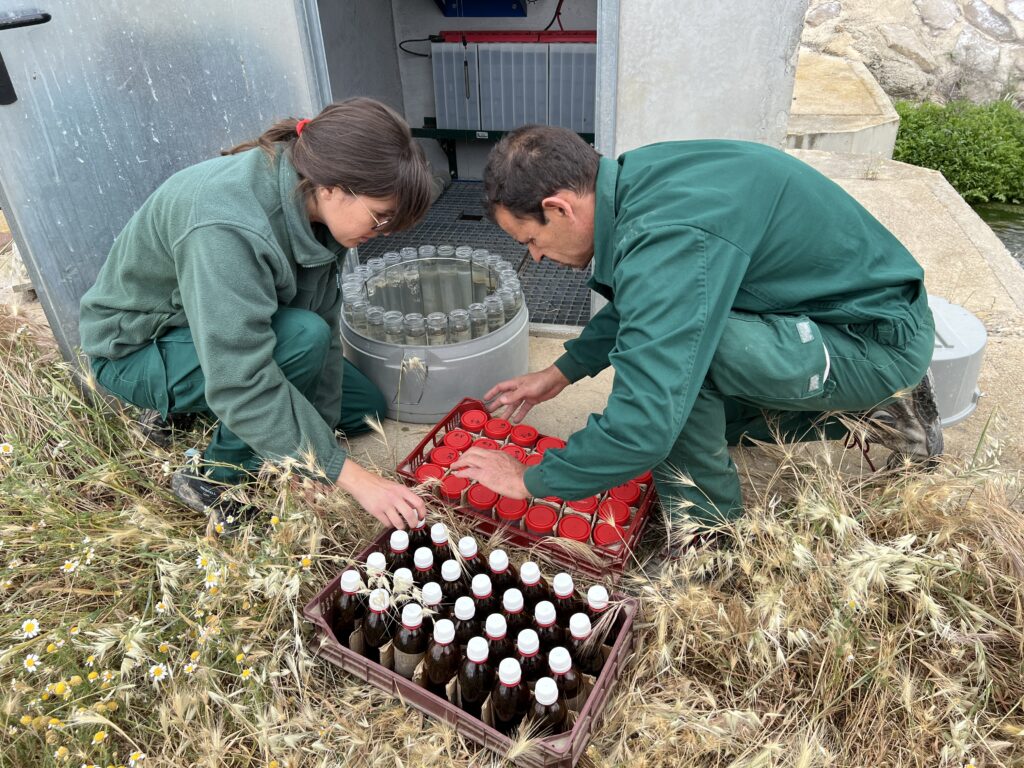
This research is highly relevant to the sustainability of irrigated agriculture, as it will offer novel results and practical information to improve irrigation management practices and the application of phosphate fertilizers, reducing phosphorus pollution in water and preserving soil quality. It will also provide decision-makers with solid information to establish appropriate policies for meeting water quality objectives, based on a robust methodology for phosphorus pollution control. This proposal aims to improve the understanding of water movement and associated phosphorus in irrigation systems.
The participants in the P4WATER project are: Farida Dechmi (IP-CITA), María Angeles Lorenzo (CITA), Dolores Quílez (CITA), María Asunción Usón (UNIZAR), Daniel Isidoro (UNIZAR), Ignacio Clavería (CITA) and Maria Balcells (CITA).

